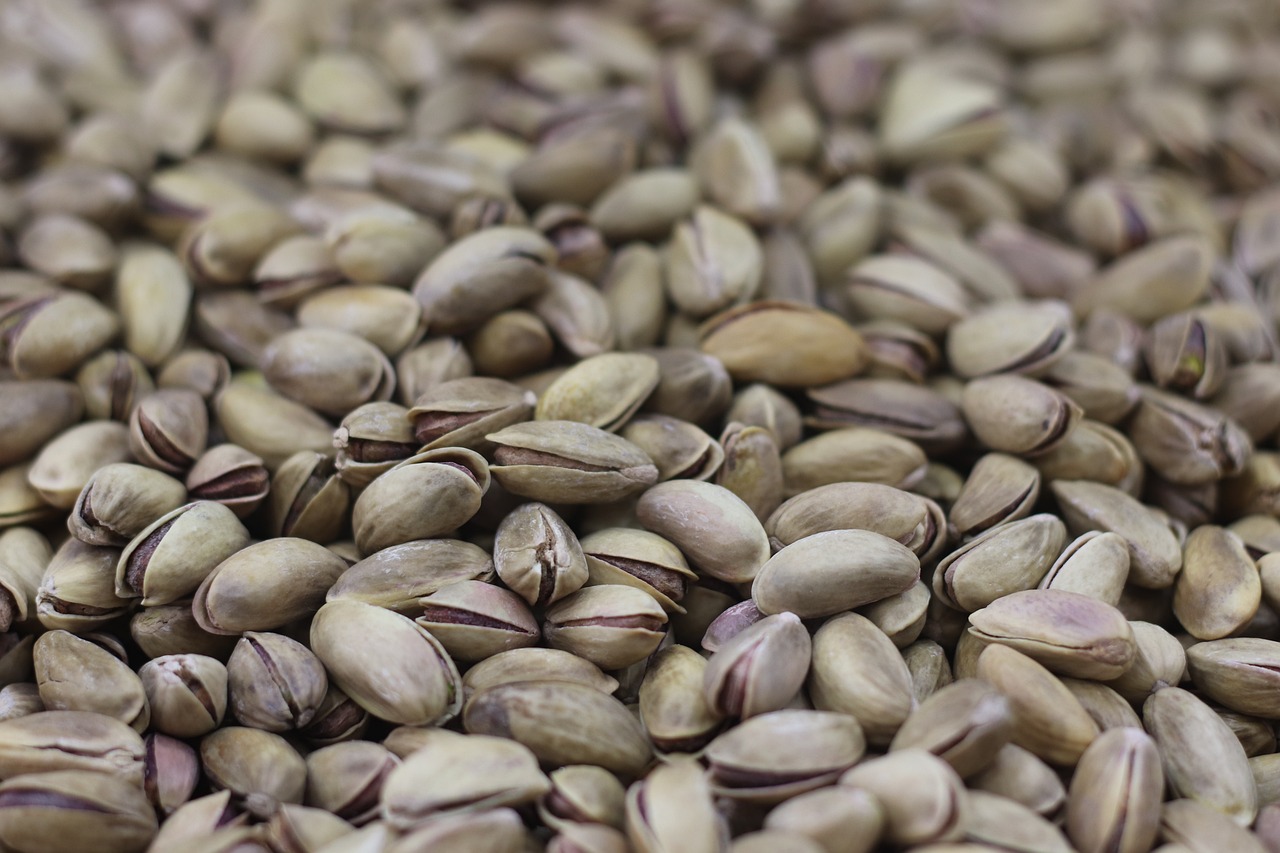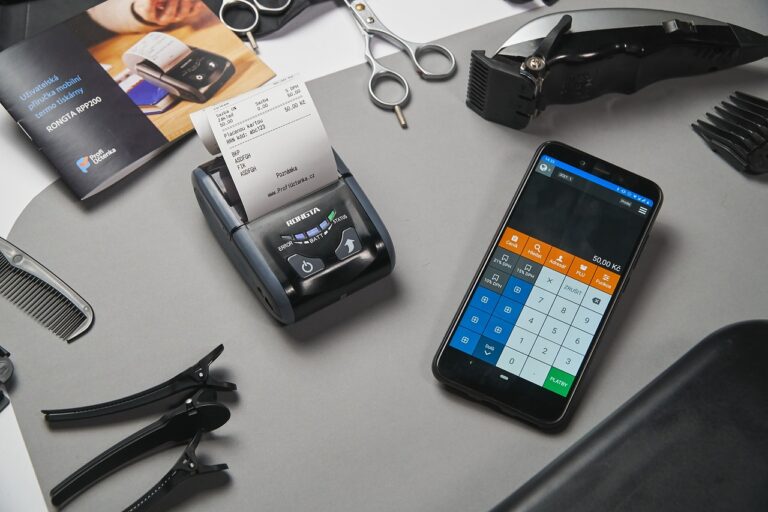The Power of Brand Partnerships in Influencer Marketing
In today’s highly digital world, influencer marketing has become one of the most effective strategies for brands to reach their target audience. With the rise of social media platforms like Instagram, YouTube, and TikTok, influencers have become powerful voices that can sway consumer behavior and drive brand awareness. One key aspect of influencer marketing that has proven to be particularly successful is brand partnerships. By collaborating with influencers, brands can tap into their audience, credibility, and influence to create authentic and engaging content that resonates with consumers. In this article, we will explore the power of brand partnerships in influencer marketing and how they can help brands achieve their marketing goals.
What are Brand Partnerships?
Brand partnerships in influencer marketing refer to collaborations between brands and influencers to create sponsored content that promotes the brand’s products or services. These partnerships typically involve a mutually beneficial relationship where the brand gains exposure to the influencer’s audience, while the influencer receives compensation for promoting the brand. Brand partnerships can take many forms, including sponsored posts, product placements, brand ambassadorships, and more.
The Benefits of Brand Partnerships
Increased Reach and Exposure
One of the primary benefits of brand partnerships in influencer marketing is the ability to tap into the influencer’s audience and gain exposure to a larger and more diverse group of consumers. Influencers have built a loyal following of engaged fans who trust their recommendations and value their opinion. By partnering with an influencer, brands can leverage this existing audience to promote their products or services and reach potential customers who may not have been reached through traditional advertising methods.
Enhanced Credibility and Trust
Consumers today are increasingly skeptical of traditional advertising and are more likely to trust recommendations from people they know or admire. Influencers have built a level of trust and credibility with their audience through their authentic and relatable content. By partnering with influencers, brands can leverage this trust to lend credibility to their products or services and increase consumer confidence in their brand.
Increased Engagement and Conversions
One of the key benefits of brand partnerships in influencer marketing is the ability to drive higher levels of engagement and conversions. Influencers have a unique ability to create highly engaging and personalized content that resonates with their audience. By collaborating with influencers, brands can create authentic and compelling content that encourages consumers to interact with their brand and take action, such as making a purchase or signing up for a service.
How to Create Successful Brand Partnerships
Creating successful brand partnerships in influencer marketing requires careful planning, research, and execution. Here are some key tips for brands looking to create successful brand partnerships:
Identify the Right Influencers
When selecting influencers to partner with, it’s essential to consider factors such as their audience demographics, engagement rates, and brand alignment. Look for influencers whose values and content align with your brand’s values and target audience to ensure a successful partnership.
Set Clear Objectives and Goals
Before entering into a brand partnership, it’s crucial to define clear objectives and goals for the collaboration. Whether your goal is to increase brand awareness, drive website traffic, or boost sales, clearly outlining your goals will help guide the partnership and measure its success.
Create Authentic and Engaging Content
Authenticity is key in influencer marketing. Consumers can easily spot inauthentic or forced promotional content, so it’s essential to work with influencers who can create genuinely engaging content that resonates with their audience. Allow influencers creative freedom to showcase your brand in a way that feels natural and authentic to their followers.
Measure and Evaluate Performance
After the partnership is live, it’s crucial to measure and evaluate the performance of the campaign to determine its effectiveness. Track key performance indicators such as reach, engagement, click-through rates, and conversions to assess the impact of the partnership and identify areas for improvement in future collaborations.
Case Studies: Successful Brand Partnerships in Influencer Marketing
To further illustrate the power of brand partnerships in influencer marketing, let’s take a look at some successful brand partnerships that have driven significant results for brands:
Case Study 1: Glossier x Emily Weiss
Glossier, a cult-favorite beauty brand known for its minimalist skincare and makeup products, partnered with founder and CEO Emily Weiss to create a limited-edition product line. Emily Weiss, who had built a loyal following through her beauty blog Into The Gloss, leveraged her influence and credibility in the beauty industry to promote the product line to her audience. The collaboration generated buzz and excitement among Glossier’s target audience and drove significant sales for the brand.
Case Study 2: Nike x Colin Kaepernick
Nike sparked controversy and conversation with its partnership with former NFL player Colin Kaepernick. The partnership, which featured Kaepernick in a marketing campaign celebrating the 30th anniversary of Nike’s “Just Do It” slogan, garnered widespread media attention and ignited debate on social and political issues. Despite the controversy, the partnership resonated with Nike’s target audience and drove brand awareness and engagement among consumers.
FAQs: Brand Partnerships in Influencer Marketing
Q: How can brands identify the right influencers to partner with?
A: Brands can identify the right influencers by considering factors such as the influencer’s audience demographics, engagement rates, and brand alignment. Look for influencers whose values and content align with your brand’s values and target audience to ensure a successful partnership.
Q: What are some key benefits of brand partnerships in influencer marketing?
A: Some key benefits of brand partnerships in influencer marketing include increased reach and exposure, enhanced credibility and trust, and increased engagement and conversions. By partnering with influencers, brands can tap into their audience, credibility, and influence to create authentic and engaging content that resonates with consumers.
Q: How can brands measure the success of brand partnerships in influencer marketing?
A: Brands can measure the success of brand partnerships in influencer marketing by tracking key performance indicators such as reach, engagement, click-through rates, and conversions. By analyzing these metrics, brands can assess the impact of the partnership and identify areas for improvement in future collaborations.
Overall, brand partnerships in influencer marketing have the power to transform a brand’s marketing strategy and drive significant results. By collaborating with influencers, brands can leverage their audience, credibility, and influence to create authentic and engaging content that resonates with consumers. By following best practices and guidelines for creating successful brand partnerships, brands can unlock the full potential of influencer marketing and achieve their marketing goals.







